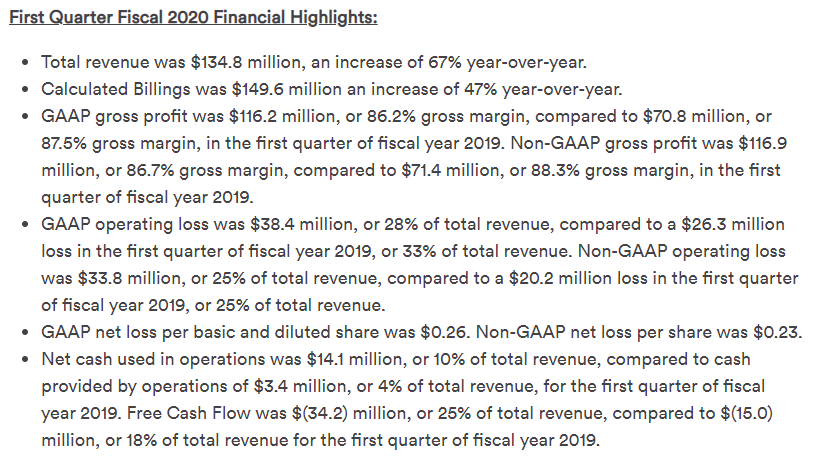
Plaintiffs' lawyer Lawrence Eagel of Bragar Eagel & Squire, who represents Slack investors at the Supreme Court, declined to comment on the Slack petition or amicus filings. The circuit court’s reasoning, Slack’s amici argued, could just as well apply to other kinds of public offerings, vastly increasing companies’ uncertainty and litigation risk as they consider tapping capital markets. Chamber of Commerce and the Securities Industry and Financial Market Association, the Cato Institute, the Washington Legal Foundation and Stanford Law School professor Joseph Grundfest weighed in with amicus briefs amplifying Slack’s assertion that the 9th Circuit ruling will not simply affect companies going public through direct listings. Slack’s lawyers at Gibson, Dunn & Crutcher, as I’ll explain, argued that the 9th Circuit majority disregarded longstanding consensus among federal appellate courts that investors must be able to trace their shares to a particular registration statement in order to sue under the Securities Act. Circuit Court of Appeals that said investors could proceed with Securities Act claims even though more than half of the shares in the offering were not covered by the allegedly misleading statement.

Slack petitioned the Supreme Court in August to review a 2021 ruling from the 9th U.S. Supreme Court this week that if the justices do not step in to overturn a ruling that allows investors in a 2019 direct listing to sue Slack for alleged misrepresentations, then every company contemplating a public offering – whether through a de-SPAC deal, an IPO or a direct listing – could face expanded liability in Securities Act class actions.

(Reuters) - Defenders of business software company Slack Technologies LLC told the U.S.


 0 kommentar(er)
0 kommentar(er)
